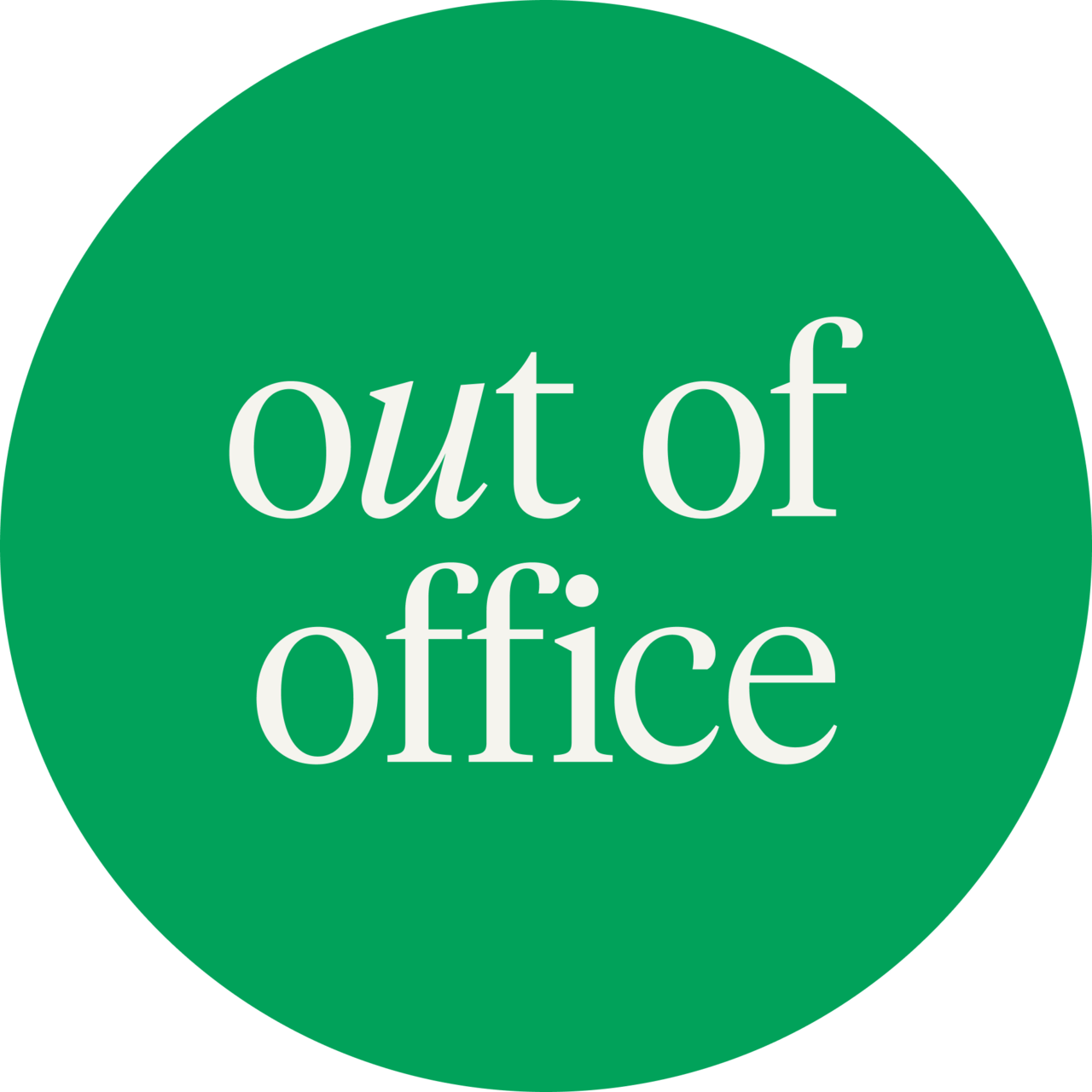The future of leisure 🤸♀️🛝🎨
AI will only be "game changing" if we fill the time it saves us with the things that make us deeply human
Hot take: AI will only be “game changing” if we fill the time it saves us with the things that make us deeply human.
Things like:
👀 Noticing + savoring beauty
🖼️ Making things with our hands
🤸🏻♀️ Playing
👋🏼 Connecting with others (virtually or IRL)
🌅 Moments of awe + wonder
🕺 Self-expression
💭 Exposing ourselves to new ideas
Not scrolling or distracting ourselves or hyper-productivity.
Less work, more play
Almost 100 years ago, John Maynard Keynes — a philosopher and economist — wrote an essay called Economic Possibilities for Our Grandchildren.1 In it, he philosophized that by now we’d have so much technological advancement that we’d only have to work 5-10 hours a week.
The rest of our time, he posited, would be spent on leisure, creativity, and fulfillment.
(Yes, please!)
Now, here we are at the precipice of a technological tidal wave that would allow many people (obviously not all!) to significantly reduce the hours they work…
… and instead we’re filling the hours with more work, not less. In fact, Microsoft just released a report on what they’ve dubbed the infinite workday.
😵💫🫨😩
I can only speak to the (elder) millennial experience, but I entered the workforce in 2009 at the very beginnings of becoming chronically online — for work and leisure.
I’ve personally experienced the blurred lines of making work my identity, wasting my leisure time by scrolling to recover from the demands + stresses of work, and letting work define meaning in my life — and my self worth.
Leisure is the most important time we have 🛝
Not to make this a history/philosophy lesson 👩🏻🏫, but Aristotle believed that work wasn’t the be all, end all. Instead, he viewed work as a means to an end: leisure.
Leisure, he argued, is the most important time we have. It’s where we realize our full human potential. Where we can create, connect, and flourish.
If we’re working infinite workdays, we are sacrificing our leisure time.
We barely have it, and the little that we do have is spent in front of pocket-sized screens instead of developing our interests, talents, tastes, or relationships. We trade natural sunlight and blue skies for the blue light of our phones.
Then we hit our mid-30s wondering why life feels meaningless, dull, and flat. We feel dissatisfied by what we’re working on and how we’re spending our days.
And worst of all, we don’t know who we are. We don’t know how to define ourselves outside of what we do for work, our achievements, or accomplishments.
Here’s an interesting exercise you can do right now — either in your head, out loud, in the comments, or on a piece of paper:
Pretend you are meeting someone for the first time. How would you introduce yourself? What would you love for them to know about you? How can they relate to you, human to human?
The only catch is, you can’t talk about what you do for work or any achievements/accomplishments/accolades associated with work.
A golden once-in-a-lifetime opportunity
Leisure — and more broadly, creativity — is how we take back our time. Our lives. Our selves.
There’s an arms race to build, learn, apply, and adapt AI to help us work smarter (and harder and longer…).
But maybe the real urgency is not necessarily how to use AI for innovation (that’s already in motion), but how it can help us flourish as humans.
So my question to you is:
Are you going to use AI to make you more human or less?
And more importantly, what are you going to do with that precious leisure time?
A few of my favorite Substackers who are thinking about work, creativity, and leisure differently:
Economic Possibilities for Our Grandchildren by John Maynard Keynes








I have to admit I don’t have a clear stance re: AI, but I have long abhorred talking about work as a way to get to know people. It’s definitely a me thing—as in, I’ve never worked a job that felt like it defined me; also assuming others feel the same, which is a fallacy. But I think it’s difficult to truly conceptualize who we are without considering our work. Definitely a sign of the times.